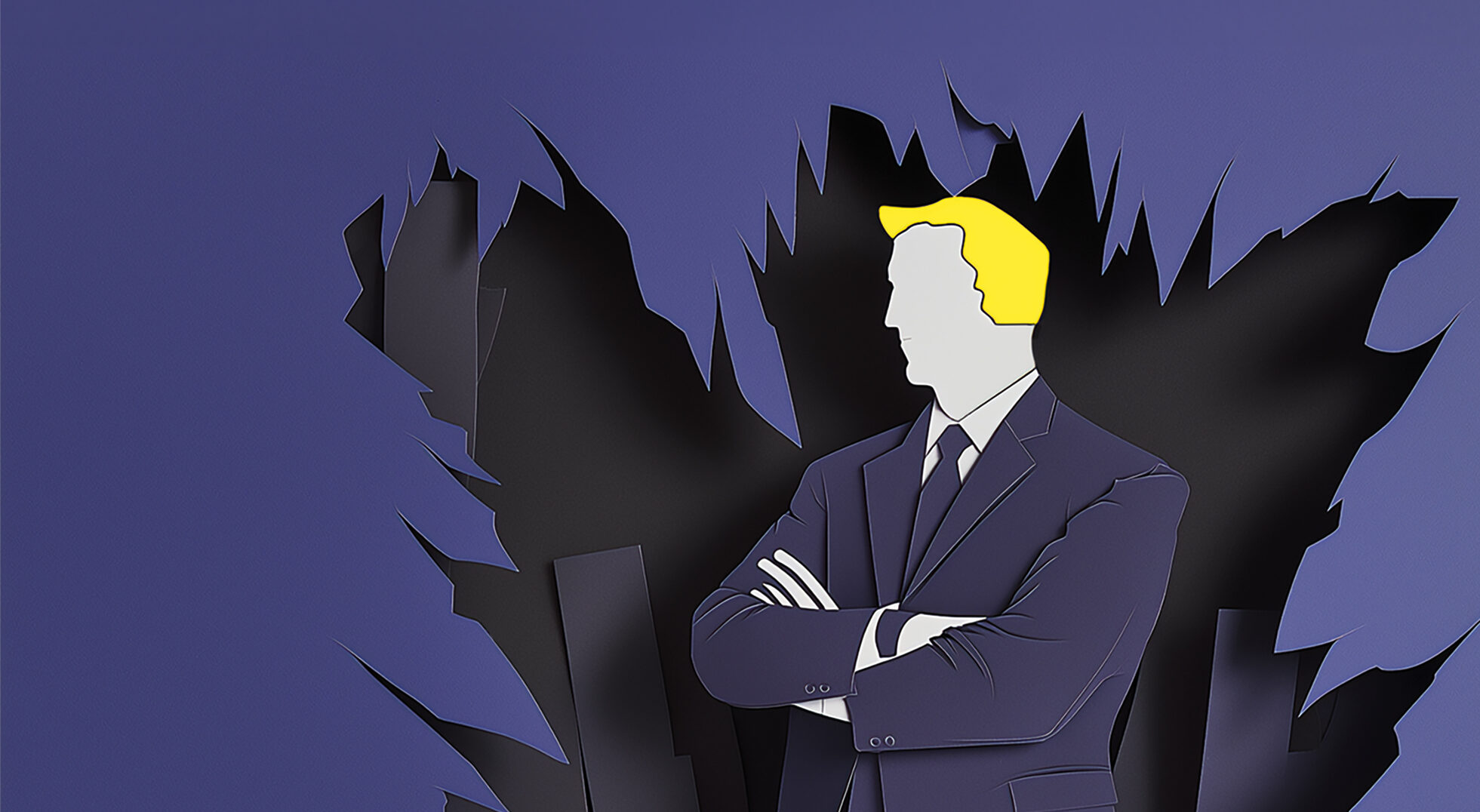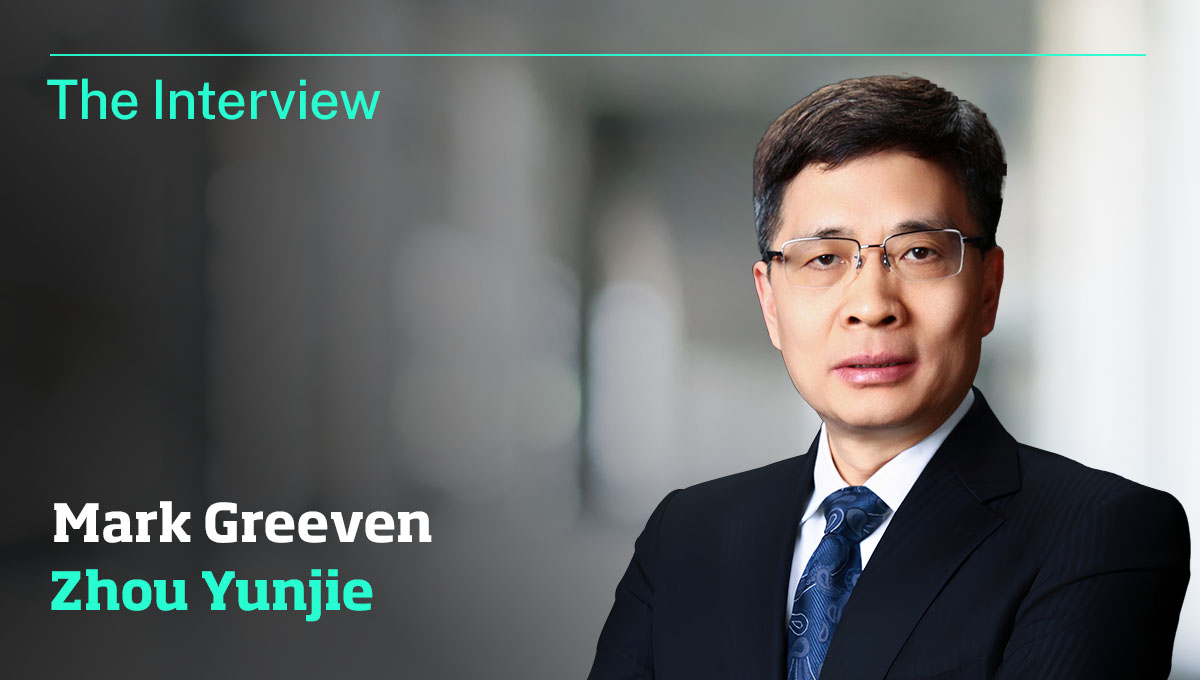
Haier and GE: understanding the magic behind the deal
Over the next few months, there will undoubtedly be a lot written about the recently concluded Haier-GE partnership. Don’t be misled by what you read. This is not just another acquisition. This is a real effort in strategic experimentation not only about global expansion but also about dreaming bigger as a disruptive advantage.
Is it a big deal?
Yes, to be sure! After all, few brands are as big, or as venerated, as those of GE’s home appliance business. Generations of Americans have grown up with GE and Hotpoint appliances in their homes. This has long been a part of our lives. The acquisition of such brands is certainly “big”. But, I think that the analyses that focus on the acquisition of just the appliance business are missing the real story. This is a story of “how,” not “what”.
The “partnership” is more important than acquiring the appliance business.
If you read the announcements, Haier and GE are entering into an agreement “to cooperate globally and jointly pursue growth projects in focus areas where both companies can increase business competitiveness such as Industrial Internet, healthcare, and advanced manufacturing”. Haier, for long, has had big global aspirations. Establishing manufacturing in Europe and South Carolina and their purchase of Fisher & Paykel Appliances in New Zealand a few years ago were a beginning, but, now, owning the GE line of appliances and agreeing to partner with GE in a number of very interesting and future-oriented fields provides the potential to move Haier to a completely different stage of global expansion. This could certainly create a disruptive element in the home-appliance industry, but it will certainly create a new Haier as well.
Earlier this week, China’s Wanda Group announced the purchase of a majority stake in Hollywood heavy Legendary Entertainment for $3.5 billion “to enhance its entertainment revenues”; don’t confuse this with Haier’s GE deal. Wanda’s group is a typical (albeit big) inorganic business expansion through acquisition; Haier’s acquisition of GE’s appliances is about reinvention. There is the inherent promise of future organic and blended co-created growth that goes beyond a simple purchase of someone else’s assets.
The real magic in the Haier deal is about reinvention and building a platform-organization:
For the past three decades, Haier has been an ongoing and evolving experiment in reinvention. Beginning as a small, struggling, collective refrigerator manufacturer in Qingdao, Haier has reinvented itself repeatedly to the point where it was a branded symbol for product quality, then an exemplary service provider, then closer to the customer than ever imaginable, and now, most recently, an exploration in what it means to be a platform organization to deliver cutting-edge ideas in an internet-age.
Haier’s CEO, Mr. Zhang Ruimin, has long recognized that while so much of our lives have changed profoundly as a result of our living in the Internet Era, there has been relatively little impact on the way we organize the ways we work. Our dreams and capabilities have been profoundly altered by real-time access to ubiquitous information, and abundant choice, but our work methods have shared little of this magic. Mr. Zhang has embarked on an experiment to reinvent Haier, yet again, by breaking down the corporate walls and the way it has organized in the past, and positioning it as a platform where others can join in to pursue their dreams with Haier’s existing assets and talent, much the same way as Apple has provided us with a mass-produced device (iPhones or iPads) and invited apps developers to join in to create the magic of those experiences.
GE’s appliances, and GE itself as a partner, have now been invited onto the Haier platform. New minds and new ideas will flood into the Haier world. This infusion of new beginnings fits very well with the Haier spirit of “win-win” that has characterized so much of its past reinvention of the customer-worker-corporate relationship, and which has historically been aimed at the idea of co-creating value. I see the GE deal as yet a chance to pursue this win-win spirit at a higher level.
This is an experiment that will play-out in real time.
It has been my privilege to be an observer of Haier’s evolution over an extended period of time – I recall the original call to action around quality and brands in the early 1980s, and first met Mr. Zhang in 1997. I have long been impressed with this ongoing thirty-plus year story of achieving better customer service through the liberation of employee talent. What I always have found so refreshing in the Haier story is that they have never shied away from experimentation in the pursuit of excellence, despite the outcomes being unknown. As we watch this deal unfold, it is exhilarating to recognize that this is truly an experiment, a BIG leadership experiment, being played-out in real-time on a global stage.
Bill Fischer is a Professor of Innovation Management at IMD. He co-founded and co-directs the Driving Strategic Innovation program in cooperation with the Sloan School of Management at MIT.
This article was originally published on Bill Fishcher’s Forbes blog.
Research Information & Knowledge Hub for additional information on IMD publications

#post_excerptHannele Jakosuo-Jansson of Neste and Finnair shared key insights on board roles in CEO transitions and culture shifts with IMD’s High Performance Boards program.

An intelligent organizational sensory system detects, processes, and acts on change signals, giving your company a strong competitive edge.

Three Ways to Deal with Your Boss when they act against civility, empathy, and ethics. Discover strategies to handle difficult workplace dynamics effectively.

Six ways leaders can shape corporate reputation building strategies within their organizations, drawing on key insights from a Bloomberg Media study.

Haier's CEO Zhou Yunjie explains how the company's innovative RenDanHeYi model empowers employees, drives global growth, and adapts to market changes.

To navigate a turbulent business environment, CEOs must understand their landscape and align leadership thinking priorities, advises IMD’s Michael Watkins.
Case B describes the unprecedented challenges faced by CO-RO in 2020. The implementation of the sugar tax in its largest Middle Eastern market led to a near 50% volume drop in CO-RO’s sales, and Covid-19 lockdowns impacted the Asia-Pacific (APAC) ...
The CO-RO Group is a manufacturer of fruit-based still drinks, concentrates and ambient ice (home-freeze popsicles) headquartered in Denmark. Although production takes place in Denmark, most of its products are sold internationally, with the compa...
The case explores TBC Bank Group’s remarkable journey from a small Georgian bank to a regional leader in digital financial services across Central Asia. Founded in 1992 with just US$500 in initial capital, TBC evolved into Georgia’s largest financ...
The board of Nestlé S.A. announced that Anna Mohl would become the CEO of Nestlé Health Science (NHSc) — a global leader in nutritional science — on 1 January 2024. She was delighted to hear about her new position but knew there was little time to...
Research Information & Knowledge Hub for additional information on IMD publications
Research Information & Knowledge Hub for additional information on IMD publications
Research Information & Knowledge Hub for additional information on IMD publications
in I by IMD
Research Information & Knowledge Hub for additional information on IMD publications
Research Information & Knowledge Hub for additional information on IMD publications
Research Information & Knowledge Hub for additional information on IMD publications
Research Information & Knowledge Hub for additional information on IMD publications
Research Information & Knowledge Hub for additional information on IMD publications
Research Information & Knowledge Hub for additional information on IMD publications
Case reference: IMD-7-2636 ©2025
Research Information & Knowledge Hub for additional information on IMD publications

